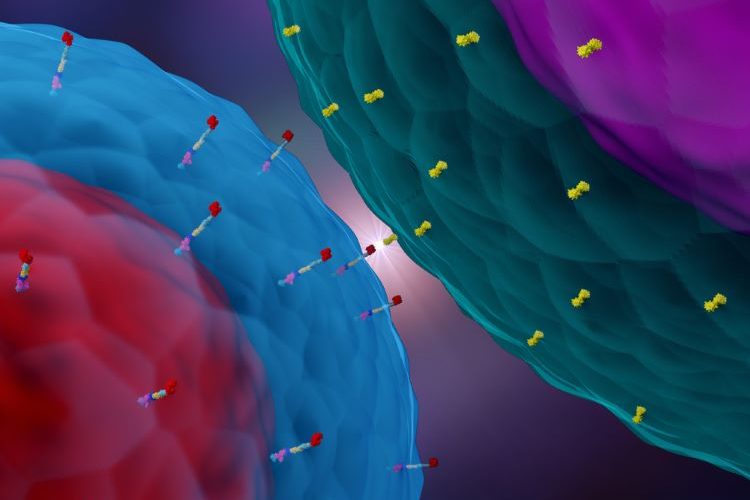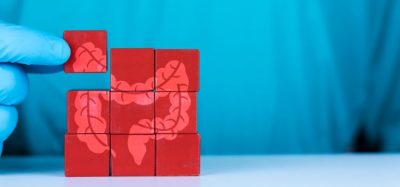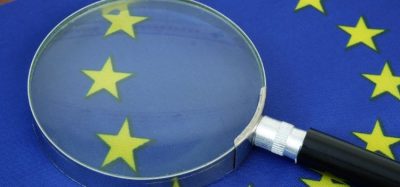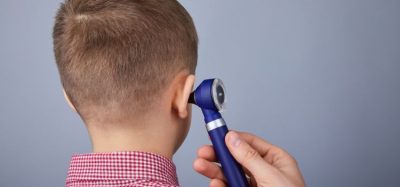First CAR T-cell therapy recommended on NHS
Posted: 26 January 2023 | Catherine Eckford (European Pharmaceutical Review) | No comments yet
NICE’s recommendation of Yescarta® means it is the first time patients will be able to access CAR T-cell therapy long-term on the NHS.


Yescarta® ▼(axicabtagene ciloleucel; axi-cel) is now the first chimeric antigen receptor (CAR) T-cell therapy and first personalised immunotherapy to be recommended for routine use on the NHS in England. This is based on final draft guidance from the National Institute for Health and Care Excellence (NICE).
The therapy by Gilead Sciences and Kite is indicated for eligible adults with diffuse large B-cell lymphoma (DLBCL) and primary mediastinal large B-cell lymphoma (PMBCL) who have already been treated with two or more systemic therapies.
Through the Cancer Drugs Fund (CDF), in 2018, England was the first European country to provide access to a CAR T-cell therapy to treat these blood cancers. Since then, over 500 patients in England have received axi-cel.
Helen Knight, Director of Medicines Evaluation at NICE noted: “The evidence from [use of Yescarta®] in the CDF and clinical trials shows it can offer an effective treatment, helping people live longer and with a better quality of life.”
“CAR-T therapies offer hope to people who are living with the most aggressive forms of blood cancer… the risk of recurrence and uncertainty about which treatment options will be available to them can add distress… [so this recommendation] gives people in this position more clarity about their treatment options,” stated Helen Rowntree, CEO at Blood Cancer UK.
What is CAR T-cell therapy?
CAR T-cell therapy is an individualised treatment for patients that is currently licensed for people living with some types of advanced blood cancer. CAR T-cell therapy engineers a patient’s own immune cells (T-cells) to detect, target and destroy cancer cells.
After initial chemotherapy, up to 45 percent of patients with DLBCL will require a second line treatment, which often involves high dose chemotherapy and a stem cell transplant, according to a guideline published in a 2016 issue of the British Journal of Haematology. Of those who receive a transplant, about 50 percent will ultimately relapse, stated research from 2017, published in the journal Blood. This decision ensures that these patients in the third line setting will continue to have access to CAR T-cell therapy.
Axi-cel will be routinely available in the third line setting for all eligible DLBCL and PMBCL patients on the NHS.”
Dr Véronique Walsh, Vice President and General Manager, Gilead Sciences UK & Ireland commented: “Axi-cel will be routinely available in the third line setting for all eligible DLBCL and PMBCL patients on the NHS.”
The final draft guidance relevant to NICE’s recommendation is available here.
Related topics
Anti-Cancer Therapeutics, Biopharmaceuticals, Drug Development, Drug Safety, Regulation & Legislation, Research & Development (R&D), t-cells, Therapeutics
Related organisations
Blood Cancer UK, Gilead Sciences, Kite, National Health Service (NHS), National Institute for Health and Care Excellence (NICE)
Related drugs
Related people
Related diseases & conditions
Blood cancer, Cancer, diffuse large B-cell lymphoma (DLBCL), Primary mediastinal large B-cell lymphoma (PMBCL)









